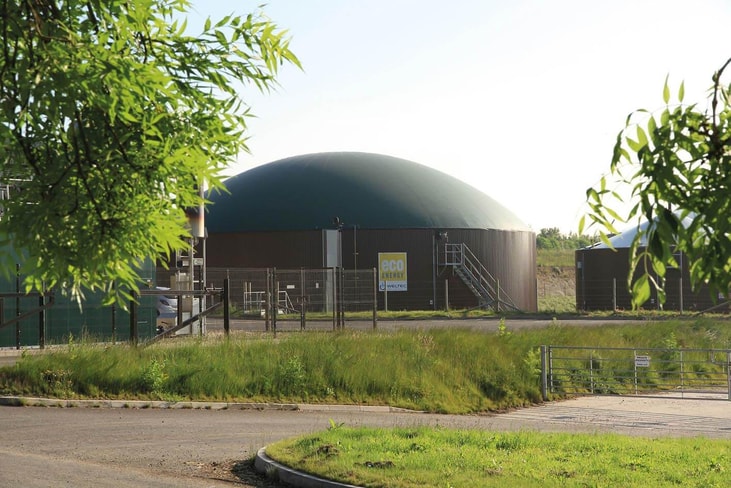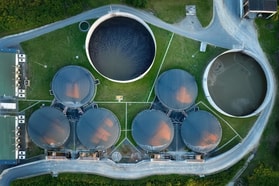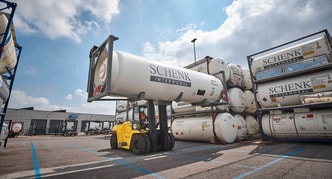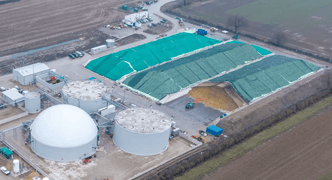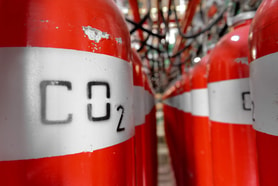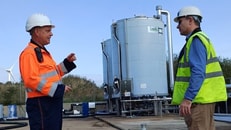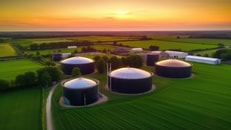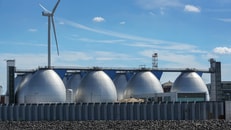Weltec Biopower to build Bournemouth biomethane plant
German manufacturer Weltec Biopower has been commissioned by English recycling company Eco Sustainable Solutions to build a biomethane plant near Bournemouth Airport.
Eco Sustainable will operate the plant itself and fill the stainless steel tanks with household waste and agricultural residues from nearby businesses and its own farms. The site will feature two 5,579 cubic metre digesters, storage tank and two pre-storage tanks.
A de-packaging plant for food is already in place at another nearby location. From the end of 2025, the plant will produce processed biogas, which will be fed into the national gas grid as a natural gas equivalent.
Uniform mix and high system availability
Weltec’s modular plant design enables the project to be completed within 18 months. Proven pump and agitator technologies are used for sustainable digestion of the previously homogenised organic materials – such as submersible motor and long-axis agitators with high performance, which prevent substrates from settling at the bottom of the tanks and ensure optimal mixing of the input materials.
... to continue reading you must be subscribed

